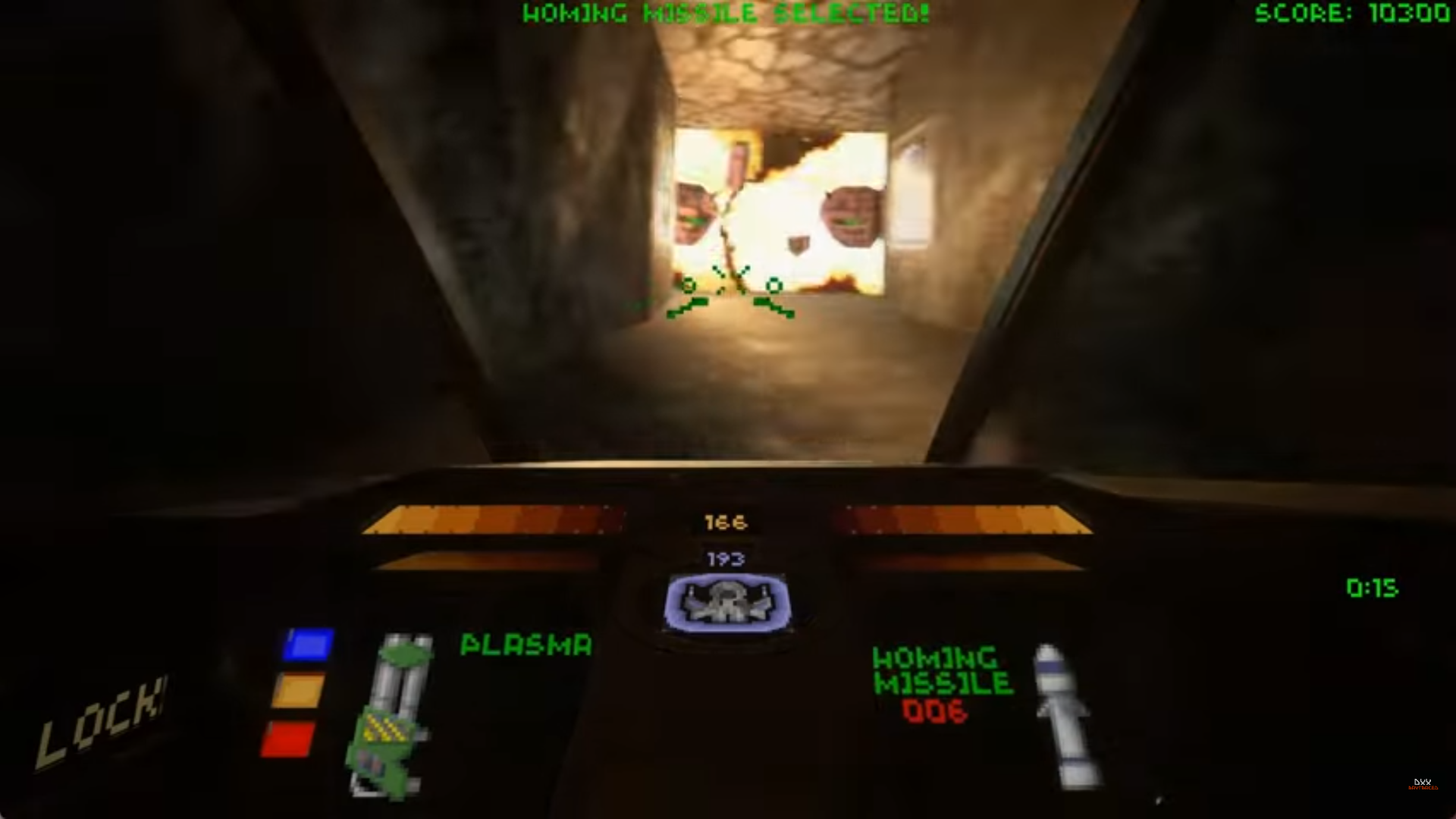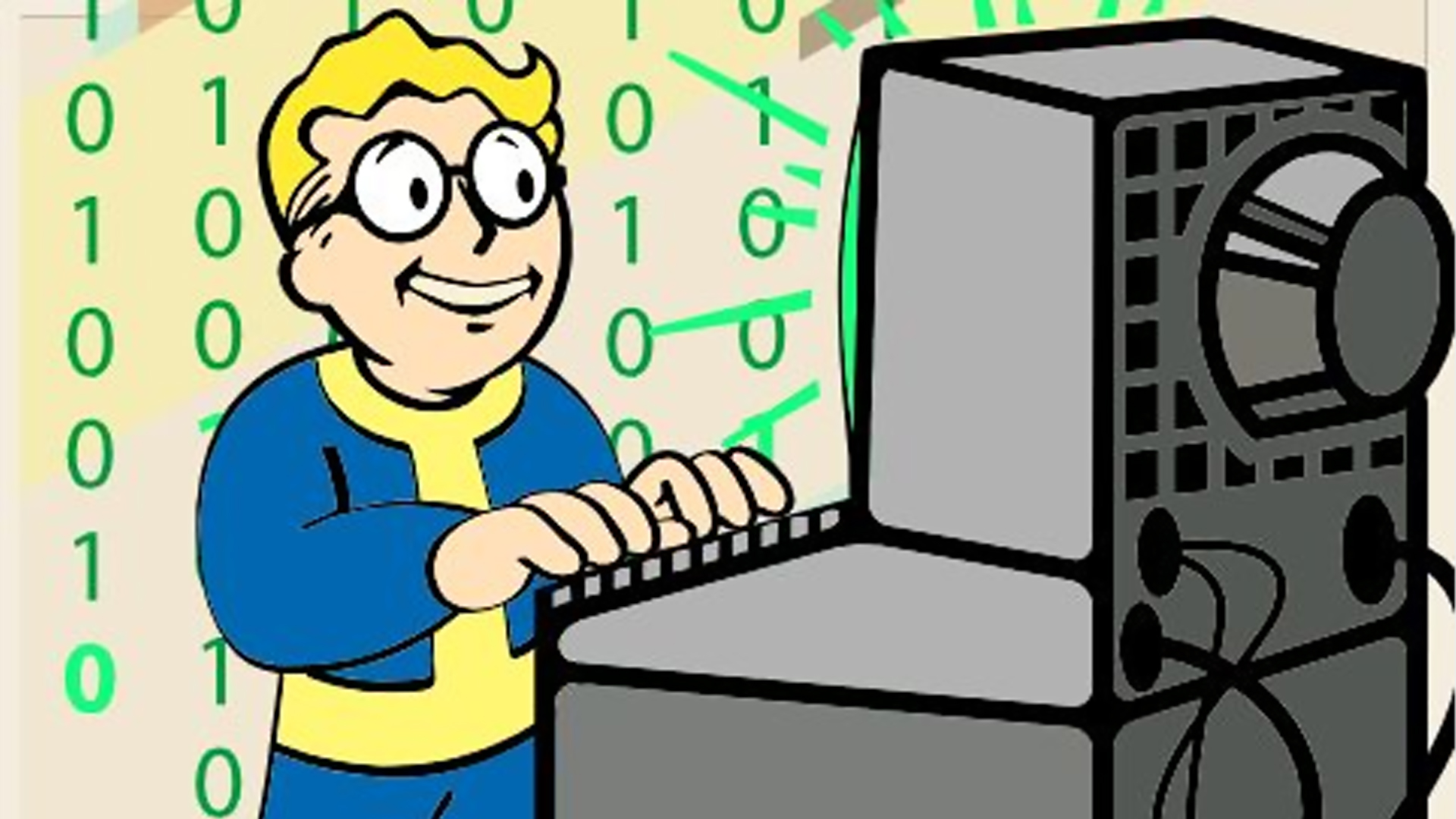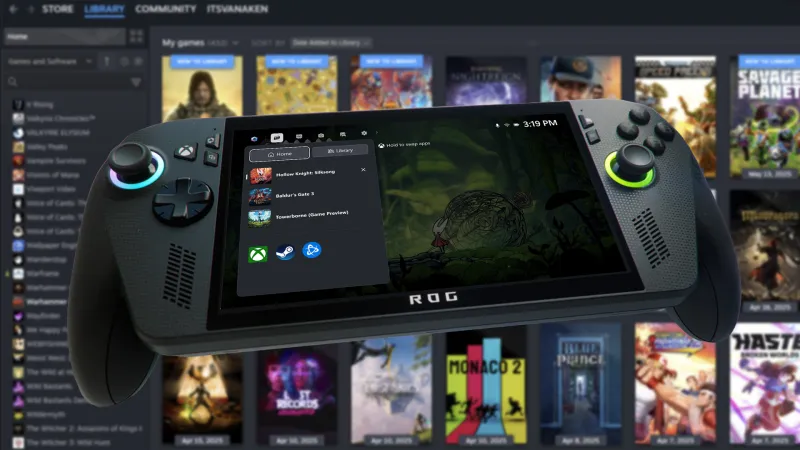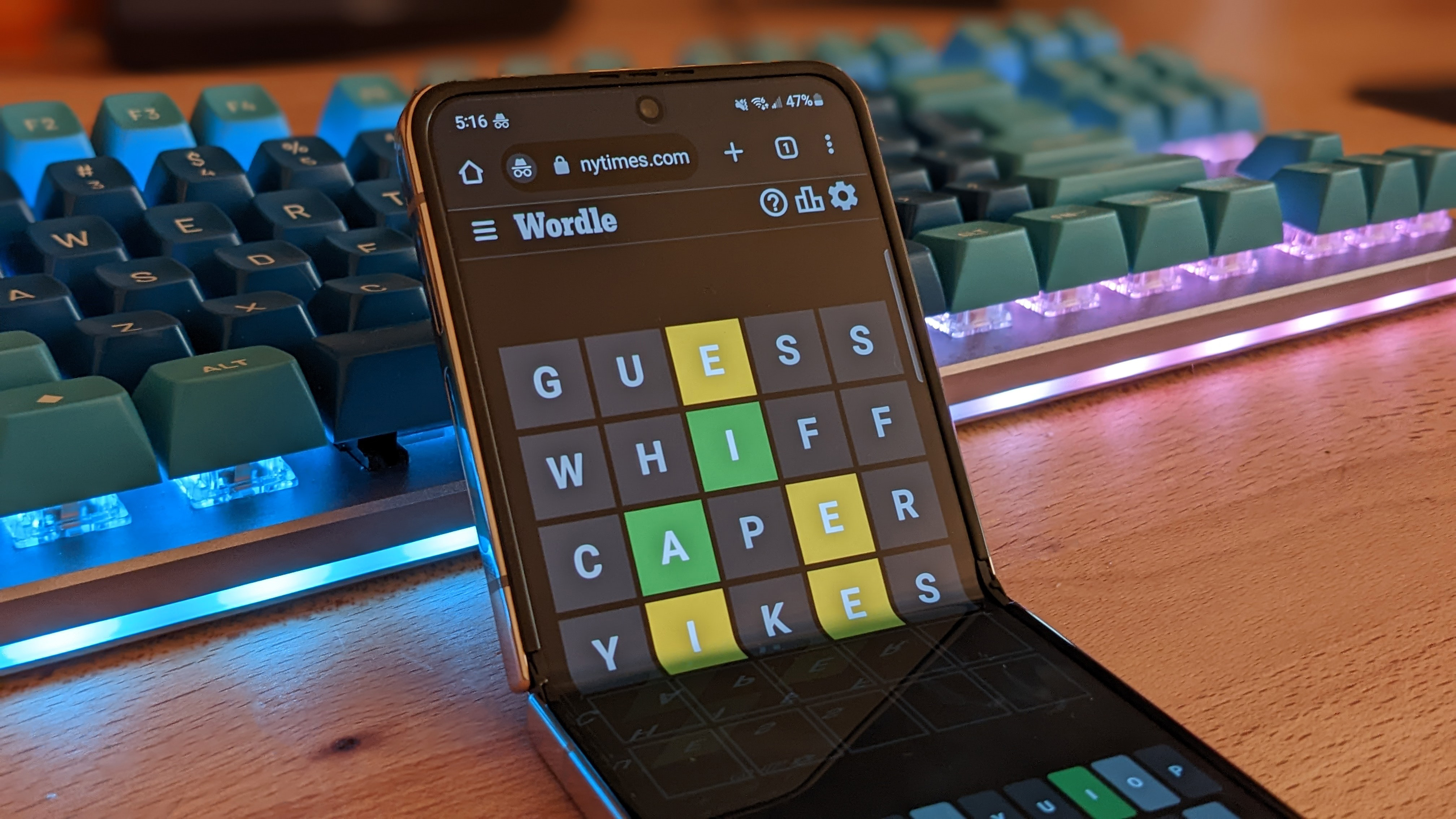
The 1995 shooter can now be played with pathtraced global illumination, TXAA, and more.
Classic shooter Descent, released in 1995, has gotten a facelift from some enterprising students who’ve added a fat stack of technical upgrades to the open, shareware fork of the game. Most notable is that perennial glory: pathtraced global illumination. It’s what the kids these days are calling “ray traced lighting.”
And it absolutely whips if you, like me, have half-remembered memories of playing Descent on someone else’s dad’s computer in the mid-’90s in a dimly lit basement. At the time, the six degrees of freedom shooter seemed revolutionary as you piloted your strike craft through the zero-G mining operations of the solar system, shooting blobby enemies that were like… drones or something? They had two glowing eyeballs sometimes which was weird. I guess those were cameras.
The extensive work by students at the Breda University of Applied Sciences adds physically-based rendering, soft shadows, pathtraced global illumination, bloom, temporal anti-aliasing, motion blur, and other post-processing effects to Descent. It’s available for free on github as DXX Raytracer.
No more are the drones blobby! No more are they vague! As with so many of these older games, the new lighting gives so much more definition to the models’ spare polygons that it looks simply revolutionary. Descent was even more a game about cramped spaces than other shooters of its time, and the emphasis on weapons like missiles and flares really gains a lot from the ray tracing—all those moving light sources in tight, intersecting polygonal corridors.
The mod includes debug menus for features as well, letting you tweak render settings, watch how your GPU uses its time, and fudge around with material properties to make things like, really shiny.
For previous entries in this series, see “Here’s classic Doom with ray tracing” and “Here’s Half-Life with ray tracing.” That second one really worked on PC Gamer’s Robert Jones, who needed a cold shower in a dimly lit room afterward. It’s only gonna get better from here, too: Nvidia did ray traced Portal, and modders are generally on a rampage with the tech. (Not to mention the time Shaun wanted to go live inside ray traced Minecraft.)
You can get the entire playable version of DXX Raytracer for free on Github.
The team at Breda University of Applied Sciences was composed of Sam Boots, Justin Kujawa, Lyubomir Kostadinov, Daniël Cornelisse, Stan Vogels, Wessel Frijters, Kylian Dekker, and Lily Haverlag.




